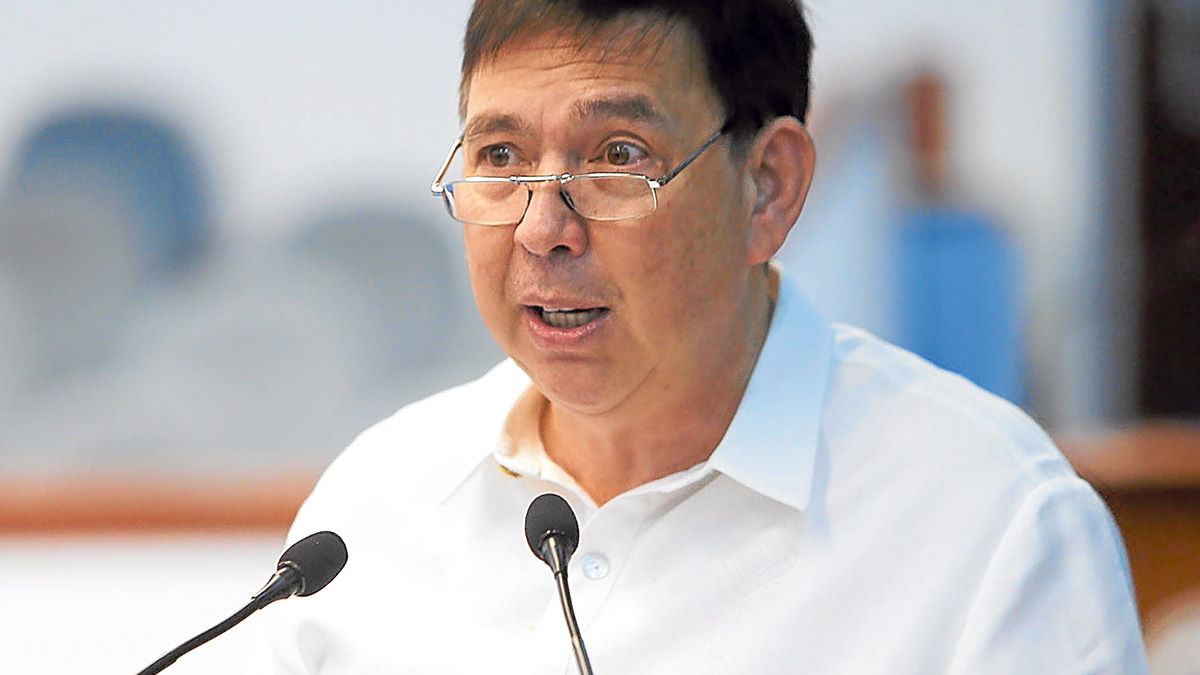More cuts to rice tariffs urged to tame inflation
MANILA, Philippines — Finance Secretary Ralph Recto said the government wants to temporarily reduce rice tariffs below the already lowered rate of 35 percent in a bid to bring down the prices of the staple, a plan that was met with opposition from farmers groups.
Speaking to reporters on the sidelines of an economic briefing on Monday, Recto said the government was still trying to find the sweet spot for both consumers and local farmers, adding that rice tariffs could possibly be reduced to between 15 and 20 percent.
The cheaper import duties on rice could “presumably” last until the end of the year, the finance chief said. The Tariff Commission would have to conduct a hearing on the proposal “soon” while the agriculture department would be consulted before President Marcos can issue an executive order modifying the rates, he added.
“You have to strike a balance between the farmers and the consumers … it would be better if both can have a fair share, 17.5 [percent tariff]. Could be 20 percent,” Recto said.
Price reduction
“Let’s take a look, and then, if we need to extend it, then we can extend it, right? But what’s important is to reduce the prices of rice,” he added.
READ: Salceda reminds gov’t anew: Rice is key to battling inflation
Last year, Mr. Marcos issued EO No. 50 that maintained the reduced tariff rate of 35 percent on rice until the end of 2024. That presidential order also extended the effectivity of lowered import duties on corn and meat products in a bid to tame stubbornly high inflation.
Recto said further slashing the tariff rates on rice could help bring down the domestic cost of the staple grain by September, when global prices of the commodity are projected to go down.
In a separate interview, Secretary Arsenio Balisacan of National Economic and Development Authority said world prices of rice were forecast to drop in the second half.
READ: Proposed rice tariff law amendments approved at committee level
“It’s already past El Niño and the election in India is over, so all those restrictions and exports of major exporting countries are expected to loosen,” Balisacan said.
But the proposal to further bring down import costs of rice did not sit well with farmers groups.
“We have been under a reduced tariff regime for the last four years; and yet rice prices have gone up,” said Jayson Cainglet, executive director at Samahang Industriya ng Agrikultura.
Local producers
“Reducing tariffs will only penalize local producers while promoting the interests of a few privileged importers and favored traders,” Cainglet added.
Raul Montemayor, national manager at the Federation of Free Farmers, said Recto’s plan would reduce the fund meant to help local farmers cope with import liberalization under the Rice Tariffication Law, which created a P10-billion annual allocation for six years to boost domestic production.
“This will further discourage our farmers from expanding their production and make the country even more dependent on imports,” Montemayor said. INQ

